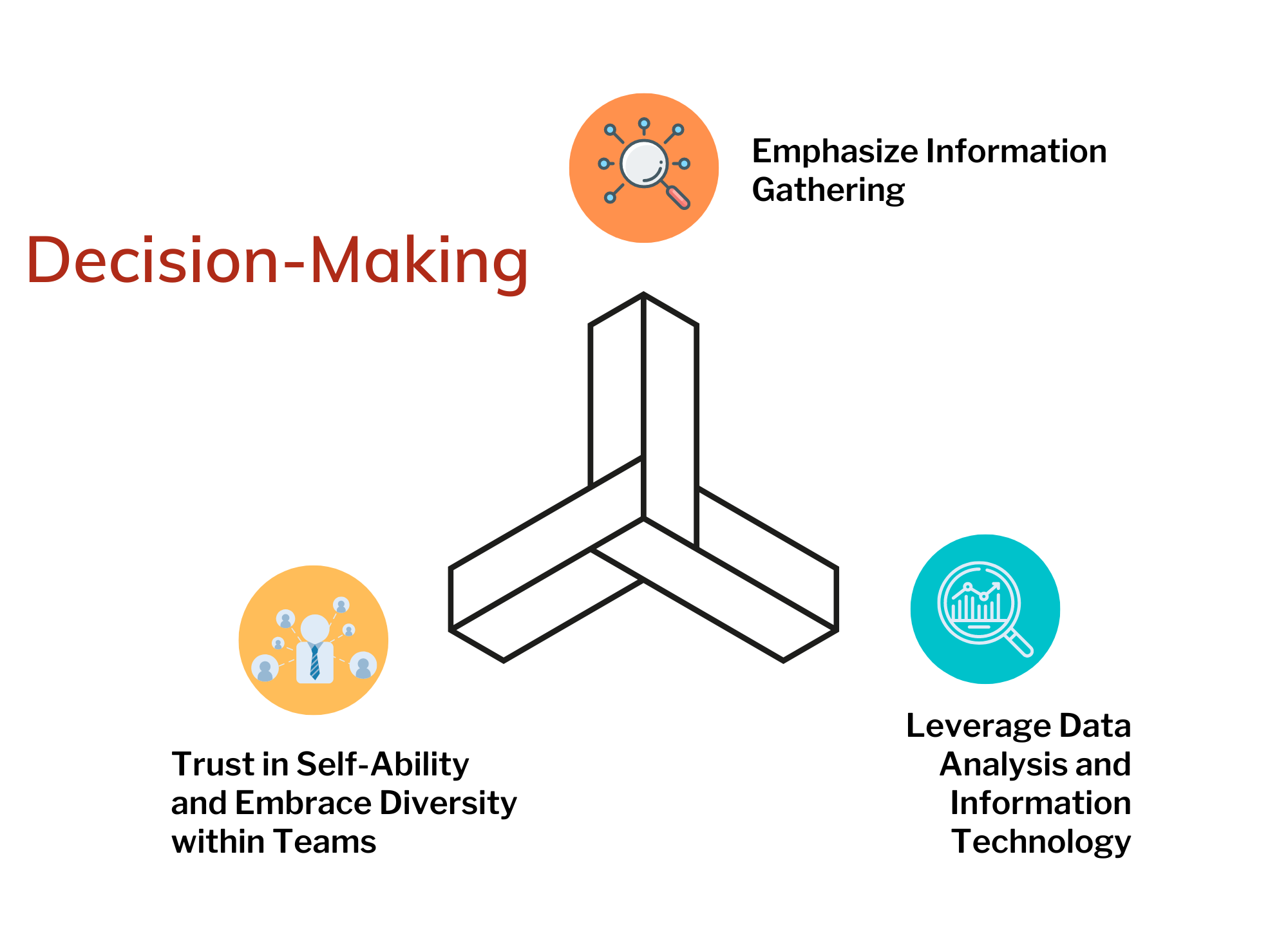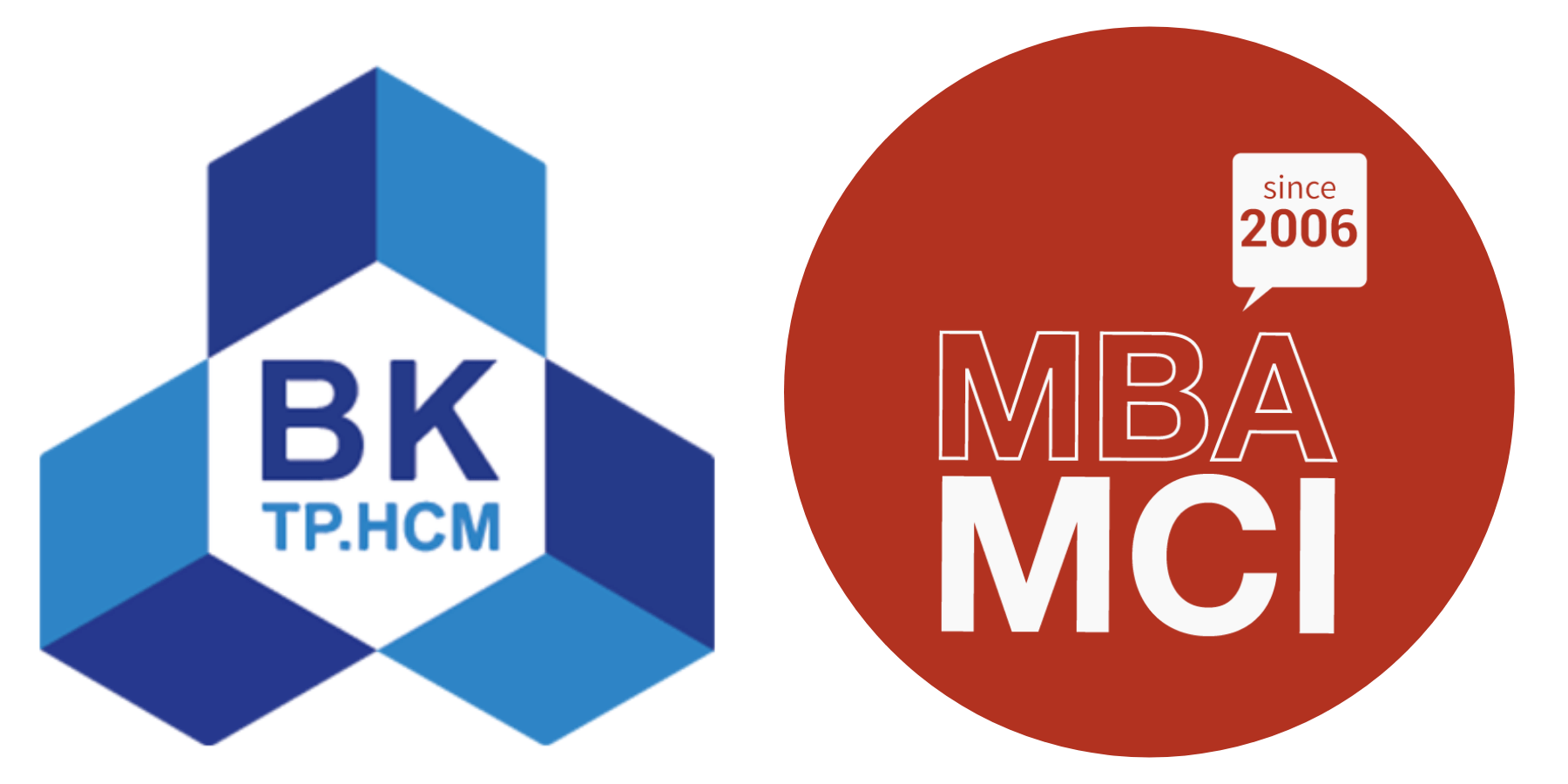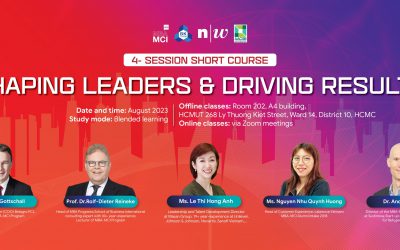In both personal and professional realms, decision-making plays a crucial role in shaping outcomes. However, arriving at well-informed decisions can sometimes be challenging and overwhelming. According to Harvard Business Review, below are 3 strategies for Making Better, More Informed Decisions.
Emphasize Information Gathering: A key factor in making intelligent decisions is having access to relevant information. The recommended approach is to dedicate time and effort to gather information from various sources. This involves conducting thorough research, seeking knowledge, and engaging in discussions with knowledgeable individuals who possess experience in the subject matter. By acquiring a comprehensive understanding of the issue at hand, individuals can make more informed decisions and mitigate risks effectively.
Leverage Data Analysis and Information Technology: In today’s digital age, data analysis and information technology play a vital role in the decision-making process. The article suggests utilizing data analysis to uncover trends, models, and critical insights from existing data. Additionally, leveraging tools and software for data analysis enables individuals to evaluate and compare multiple options more robustly. By combining insights from data analysis with information technology, individuals can make well-grounded decisions and optimize outcomes.
Trust in Self-Ability and Embrace Diversity within Teams: Believing in one’s own capabilities and embracing diversity within teams are crucial elements in decision-making. Recognizing and valuing the unique perspectives, expertise, and backgrounds of team members can foster innovative thinking and lead to better-informed decisions. By creating an inclusive environment that encourages diverse viewpoints, individuals can tap into a collective intelligence that enhances decision-making effectiveness.

In conclusion, making better, more informed decisions is a continuous process that requires deliberate effort and the application of effective strategies. By prioritizing information gathering, leveraging data analysis and technology, and embracing diversity within teams, individuals can enhance their decision-making capabilities and achieve more favorable outcomes. Incorporating these strategies into daily practices can lead to improved decision-making skills, ultimately driving success in personal and professional endeavors.
The MBA-MCI program provides executives with a specialized curriculum focused on the key factors which support students to improve their knowledge and skills related to business administration, which also including the tools and techniques which help students improve decision-making and leadership skills. By implementing the strategies of information gathering, leveraging data analysis, techniques and tools and trusting in self-ability while embracing team diversity, MBA-MCI participants can enhance their decision-making effectiveness. Executive MBA-MCI program equips individuals with the skills and knowledge to make better, more informed decisions, enabling them to excel as leaders in their organizations and drive success in a rapidly changing business landscape.




